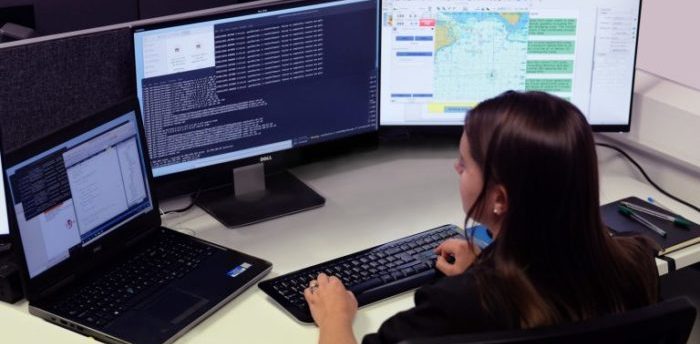UK government has funded a new study intended to identify future data requirements for autonomous shipping. Comprising partners as the UK Hydrographic Office (UKHO), L3 ASV and the Maritime and Coastguard Agency (MCA), the study seeks to explore how navigational and wider geospatial data can be used to enable the safe navigation of smart and unmanned autonomous vessels.
The study, funded by the Department for Transport’s Transport Technology Research Innovation Grant (T-TRIG), started by exploring the characteristics of current navigational data and charts in terms of what they comprise, their structure and how they are updated.
It then examined how these data sets could be repurposed to develop a prototype ‘Smart Chart’ system, incorporating data such as radio signals, regulations, tides and foundation navigational data, that can be interpreted by a computer without the use of an onboard crew.
As we move through the 21st century, technology will continue to transform the UK’s world-leading maritime sector. Innovations such as Smart Charts pave the way for automation and Smart Shipping, and we are keen to support British companies making the most of new technologies, giving our vibrant sector a competitive edge. Technology and innovation are a key part of our Maritime 2050 initiative, which will set a vision for the growth and success of our maritime sector over the next 30 years,
…said Nusrat Ghani, UK Shipping Minister, commenting on the study.
Understanding the data requirements of autonomous vessels is going to be hugely important for the MCA if we are to continue to ensure the safety of navigation in UK waters to save lives and combat pollution.,
…added Tim Wilkes, Product Manager, MCA.
The UKHO believes findings from the study will help to support the development of navigational requirements for autonomous shipping and will look to use its expertise in marine geospatial data to help further develop this area of shipping.

































































